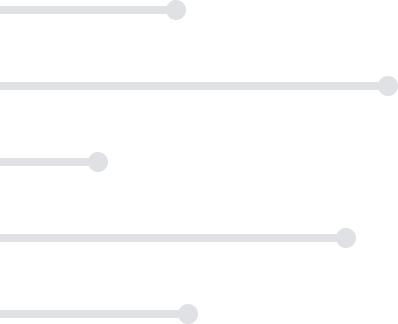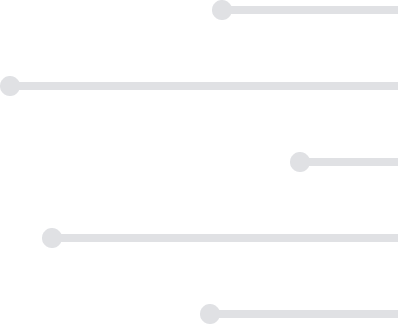
$79
Plus membership
3 Credits
All courses include:
eTextbooks
2 to 3-day turnaround for grading
Multiple chances to improve your grade
On-demand tutoring & writing center
Student support 7 days a week
$79
Plus membership
3 Credits
All courses include:
eTextbooks
2 to 3-day turnaround for grading
Multiple chances to improve your grade
On-demand tutoring & writing center
Student support 7 days a week
Organizational Behavior
$79
Plus membership
3 Credits
About This Course
ACE Approved 2024
Our Organizational Behavior online course provides a tailored opportunity to explore the behavior of individuals, groups, and organizations within today's dynamic work environment.
What You'll Learn
Correlate self-concept, personality, emotions, and values to work performance.
Correlate intelligence, ability, attitudes, job satisfaction, and learning to work performance.
Compare and contrast content and process theories of motivation.
Explain the use of goal-setting, feedback, rewards, and reinforcement, in improving performance.
Examine the structure, size, and design of teams, and the effect of norms and roles on behavior.
Examine techniques for effective team work, especially in problem-solving and decision-making
Examine barriers to communication and apply techniques of effective communication and also explain why communication is important in organizations while discussing four influences on effective communication encoding and decoding
Differentiate functional and dysfunctional conflict and apply conflict management techniques.
Select elements of organizational structure to optimize employee motivation.
Apply leadership theories and styles to improve employee motivation.
Select elements of organizational structure to optimize employee motivation.
Correlate organizational culture to employee motivation.
Examine employee responses to organizational change and apply strategies to overcome resistance to change.
Apply leadership theories and styles to improve employee motivation.


Your Life, Your Schedule, Your Education
Transfer into over 3000+ institutions that accept ACE courses or transfer directly into 180+ partner schools.
request information
Topics you will learn about in Organizational Behavior includes communications, motivations, leadership, power structure, and organizational culture.
There are no prerequisites to take this course.
| Topic | Subtopics |
|---|---|
| Issues in Organizational Behavior |
|
| Determinants of Individual Behavior |
|
| Determinants of Individual Task Performance |
|
| Theories of Motivation |
|
| Motivation: Performance Management |
|
| Team Building & Teams in the Workplace |
|
| Communication |
|
| Organizational Politics |
|
| Conflict and Negotiation |
|
| Leadership |
|
| Organizational Structure and Design |
|
| Organizational Culture |
|
| Change Management |
|
Your score provides a percentage score and letter grade for each course. A passing percentage is 70% or higher.
Assignments for this course include:
- 6 Reflective Responses
- 4 Graded Exams
- 1 Graded Midterm
- 1 Graded Final
The required eTextbook for this course is included with your course purchase at no additional cost.
McShane, S. L., & Young, M. V. (2024). Organizational Behavior, 10th edition. New York, NY: McGraw-Hill Education.
Organizational Behavior students also take:
Helpful resources:







